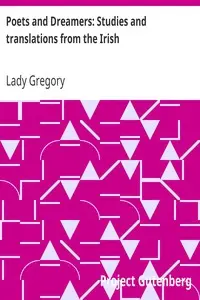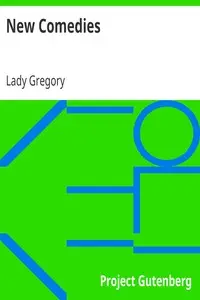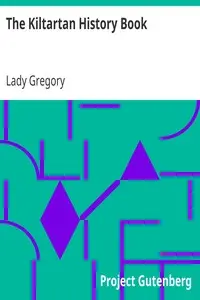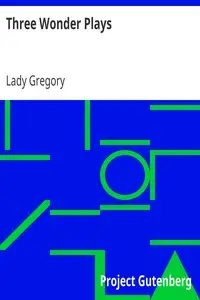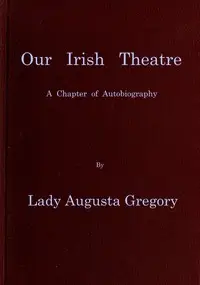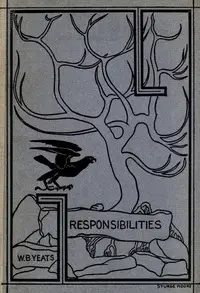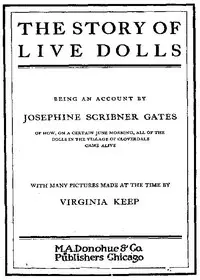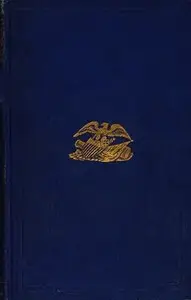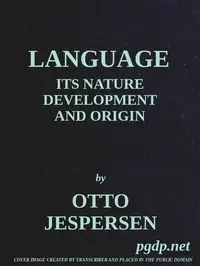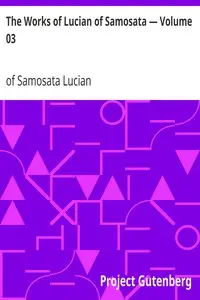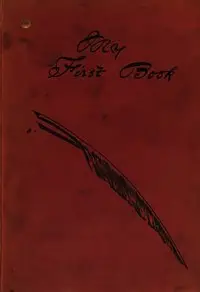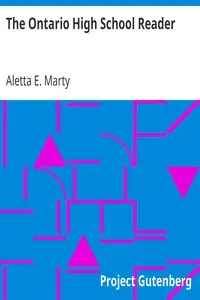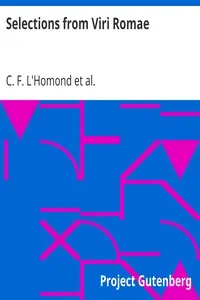"The Kiltartan Poetry Book; prose translations from the Irish by Lady Gregory" is a collection of prose translations of traditional Irish poetry, likely written in the early 20th century. The book showcases a range of poignant themes central to Irish culture and history, encapsulating elements of love, grief, bravery, and folklore. Lady Gregory, a prominent figure in the Irish Literary Revival, seeks to preserve and communicate the richness of Irish poetic heritage through her translations, reflecting the deep emotional ties between the people and their land. In this collection, Gregory presents a variety of poems that explore the complexities of human emotions, often drawing from historical and legendary figures in Irish folklore. From heartfelt laments for lost loved ones to celebratory praises of beauty and valor, each piece resonates with a sense of yearning and cultural identity. Characters such as Cuchulain, Deirdre, and Oisin feature prominently, embodying the struggles and romantic ideals of their time. The lyrical quality and rich imagery of the poems reflect a deep reverence for nature and the past, making "The Kiltartan Poetry Book" not only a tribute to the Irish spirit but also an invitation to readers to engage with the profound narratives woven into their cultural tapestry. (This is an automatically generated summary.)
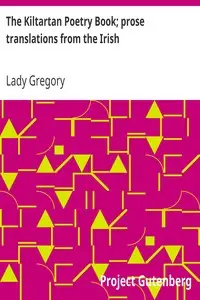
The Kiltartan Poetry Book; prose translations from the Irish
By Lady Gregory
"The Kiltartan Poetry Book; prose translations from the Irish by Lady Gregory" is a collection of prose translations of traditional Irish poetry, like...
Isabella Augusta, Lady Gregory was an Anglo-Irish dramatist, folklorist and theatre manager. With William Butler Yeats and Edward Martyn, she co-founded the Irish Literary Theatre and the Abbey Theatre, and wrote numerous short works for both companies. Lady Gregory produced a number of books of retellings of stories taken from Irish mythology. Born into a class that identified closely with British rule, she turned against it. Her conversion to cultural nationalism, as evidenced by her writings, was emblematic of many of the political struggles that occurred in Ireland during her lifetime.

